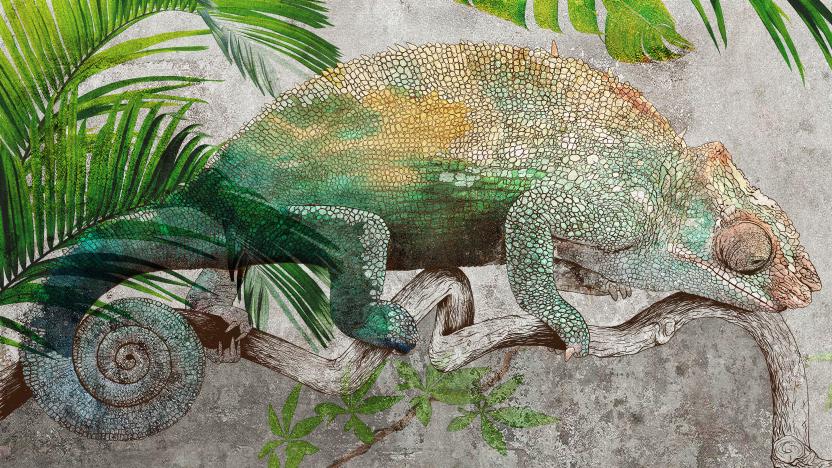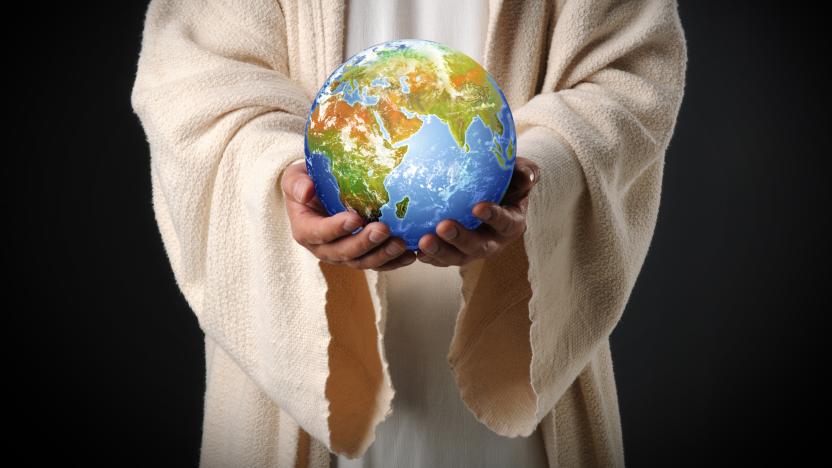Adam* walked into the hotel lobby from the rainy Fez street looking a little unsure and cautious. His face warmed when Gerald approached and asked if he was Adam, then he joined four of us on a ride up the elevator to visit in a hotel room.
We had spent most of the day walking through the maze-like paths of the ancient Fez medina. The paths were narrow, winding, and lined with dirt that quickly transformed into mud as the rain had descended through the day. On occasion a donkey would be passing loaded with goatskins or other wares; other times we passed people pushing carts or wheelbarrows. We had a dry rest in the brilliantly tiled courtyard of a house where rug sellers presented the vast array of colors, styles, and patterns used in the art. Later we visited a tannery where they gave us sprigs of lavender to cover the smell of the hides being dyed. There are really no words that can describe the smells met that day or that followed our shoes back to the hotel. Fortunately, the Sahara sand cleaned the shoes off beautifully a few days later.
We had chosen to visit in the comfort of a hotel room instead of a public common area because of the sensitive nature of the story that Adam began to tell us as we invited him into conversation.
He had grown up in a town in the Atlas Mountains of Morocco south of Fez. Of Berber lineage, his father had pursued a military career and his mother was a homemaker. The Muslim faith is the state religion, although, he explained there is an approved Christian church, but the ministers report on the members to the government. He grew up Muslim, but began to question his belief when he was 15 years old after his mother gave birth to a brother who died soon after birth. In his anguish over the loss, he asked questions of many people and found no answers in his Muslim faith.
Next, Adam tried visiting the state Christian church and began to read the Bible, but the response of the ministers to his questions were that the Sabbath isn’t important and you just needed to believe in Jesus to be saved. He didn’t trust that his questioning wouldn’t be reported to the government and then to his father, so he did not return. Freedom of religion does not extend to native Moroccans, and that fact plus the severity of the consequences are more than tour guides will admit. Christian churches are allowed in Morocco, however, any work with native Moroccans must be done underground to protect them.
Safe Study Option
The only safe option was to begin to search the internet for answers and eventually, he discovered some books written by an American woman. He drank them in like water in a desert oasis. The books he read were “The Desire of Ages” and “The Great Controversy.” He searched further and eventually found the church and the Middle Eastern Union where he directed an email to ask for help in hopes of finding someone in Morocco who could answer his questions.
A pastor from the city of Rabat came to visit him, and connected him with a couple from the United States living in Fez to teach at the American School. Every Sabbath the young man would drive to Adam’s dorm and pick him up to spend the day in worship and Bible study, and he quickly accepted Jesus. These Sabbath oases ended about six weeks before our arrival when their family unexpectedly needed the couple back in the United States. They continued to meet for Sabbath study through online conferencing after they returned to the United States.
Adam went on to tell us that his desire was to end his business studies and attend a school in the United States to study theology so that he could return to Morocco and translate the Bible into the Berber language. This hotel room became Holy Ground as we talked about faith, his options for education, and prayed over his future.
How did we make this connection? Gerald’s daughter and son-in-law had lived in Tunisia for a year, and this couple in Fez were friends from previous work in the United States. The couple had asked Gerald to meet with Adam when they found he would be in the same city. The spiritual isolation had been hard, and they believed he needed some encouragement.
I don’t think of Morocco without thinking of Adam and praying for him. Since then, people who have worked in restricted access countries have said he would never be able to return to Morocco if he came to the United States. There are other options in Europe, and I haven’t heard an update in a long time to tell you the rest of the story.
Call to Action
The story repeats itself around the world and here at home. Thirsty souls are living in a hopeless spiritual desert like Adam. Today we have religious freedom and truth about the Living Water. We cannot delay in sharing the Truth and hope of the Living Water that will quench every thirst.
Jesus is our only hope for eternity.
In John 4 the woman at the well was given an invitation, “Jesus said to her, ‘Everyone who drinks of this water will be thirsty again, but whoever drinks of the water that I will give him will never be thirsty again. The water that I will give him will become in him a spring of water welling up to eternal life’” (verses 13-14 ESV).
*Name changed to protect identity




